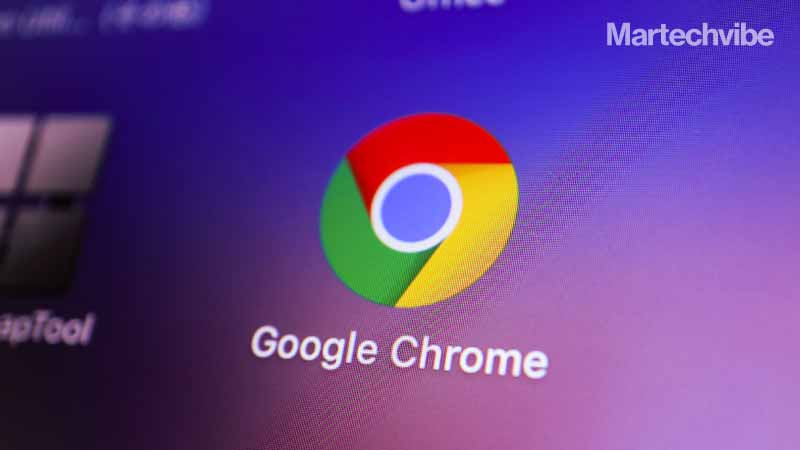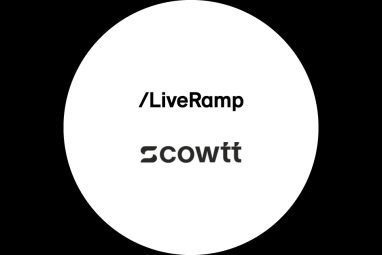Google Delays Chrome's Cookie-blocking Privacy Plan Till 2023
Google has delayed its major Privacy Sandbox change to its Chrome browser, pushing back a plan to block third-party cookies until late 2023 as it determines how to protect users while providing web publishers a way to make money. The Privacy Sandbox initiative aims to create web technologies that both protect people’s privacy online and […]
Topics
What to Read Next

Google has delayed its major Privacy Sandbox change to its Chrome browser, pushing back a plan to block third-party cookies until late 2023 as it determines how to protect users while providing web publishers a way to make money.
The Privacy Sandbox initiative aims to create web technologies that both protect people’s privacy online and give companies and developers the tools to build thriving digital businesses to keep the web open and accessible to everyone, now, and for the future. Vinay Goel, Privacy Engineering Director at Chrome said in a blog, ‘To make this happen, we believe the web community needs to come together to develop a set of open standards to fundamentally enhance privacy on the web, giving people more transparency and greater control over how their data is used’.
‘We need to move at a responsible pace, allowing sufficient time for public discussion on the right solutions and for publishers and the advertising industry to migrate their services. This is important to avoid jeopardising the business models of many web publishers which support freely available content.’ Goel went on to say.
Read More: Google Puts User Experience First
Last year, the search giant said it would prevent the world’s most widely used browser from accepting the snippets of text called third-party cookies that help advertisers, publishers and data brokers profile you to help advertisers target ads toward you. The change would prevent an advertiser that recorded your visit to a dieting website from later showing you ads for weight loss programs on other sites, for example.
Google’s move to delay the deadline allows itself more time to develop and test privacy-preserving alternatives to third-party cookies, and for websites to adopt the changes. The company said it had delayed the change, part of a collection of adjustments to chart a better course for advertisers and everyone else on the web.
Read more: Lost The Cookie? Join The FLoC
The delay comes amid intensifying pressure on Silicon Valley giants to fix the internet’s privacy problem. Laws like Europe’s GDPR and the California Consumer Privacy Act (CCPA) target the data collection that Google and other companies want for fine tuning the advertisements they deliver.
Chrome’s rivals such as Apple’s Safari, Mozilla’s Firefox, Microsoft’s Edge and Brave Software’s Brave have taken aggressive measures to stop tracking.
One part of Google’s rationale for pushing back its plan is that moving too fast will encourage tracking companies to use sneakier tracking methods than cookies.









































































































